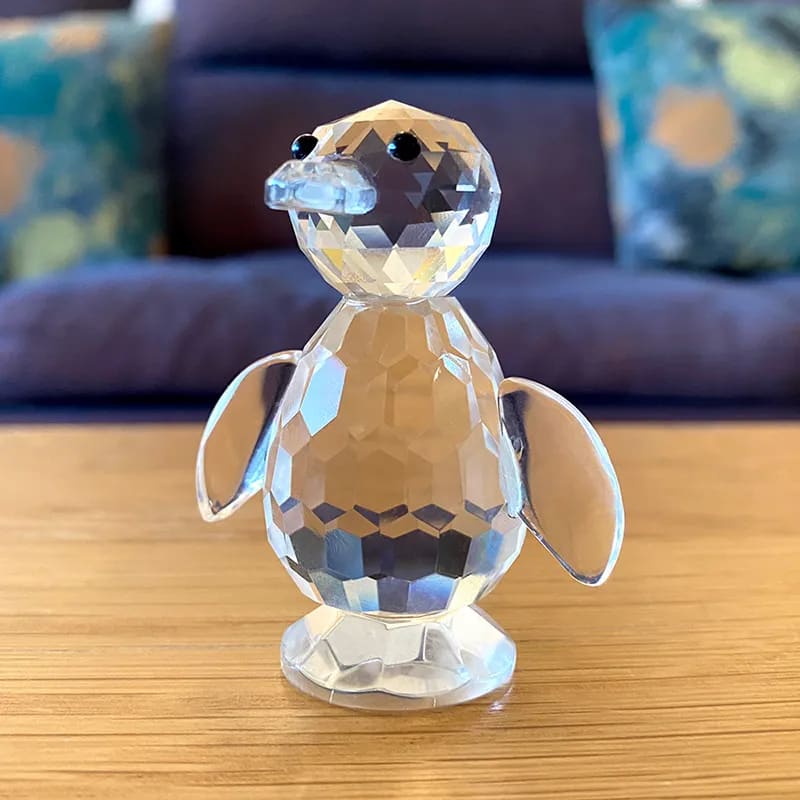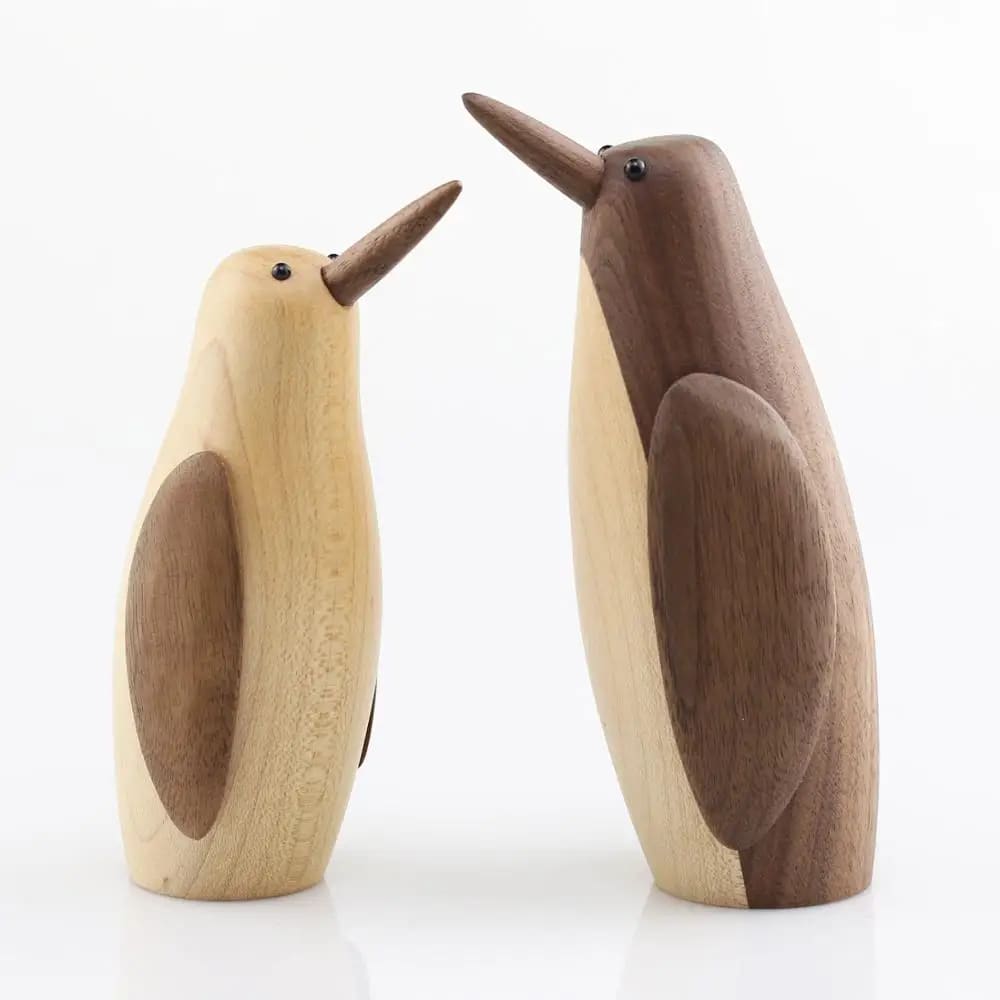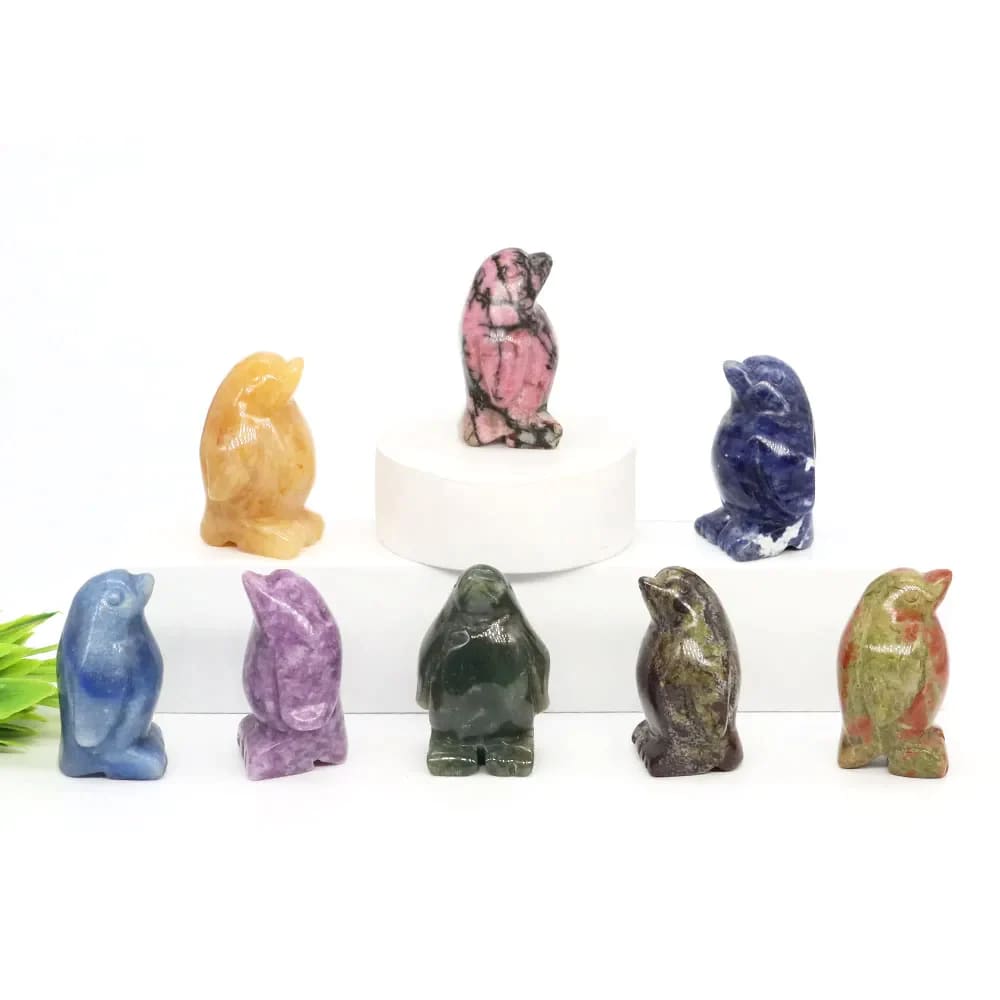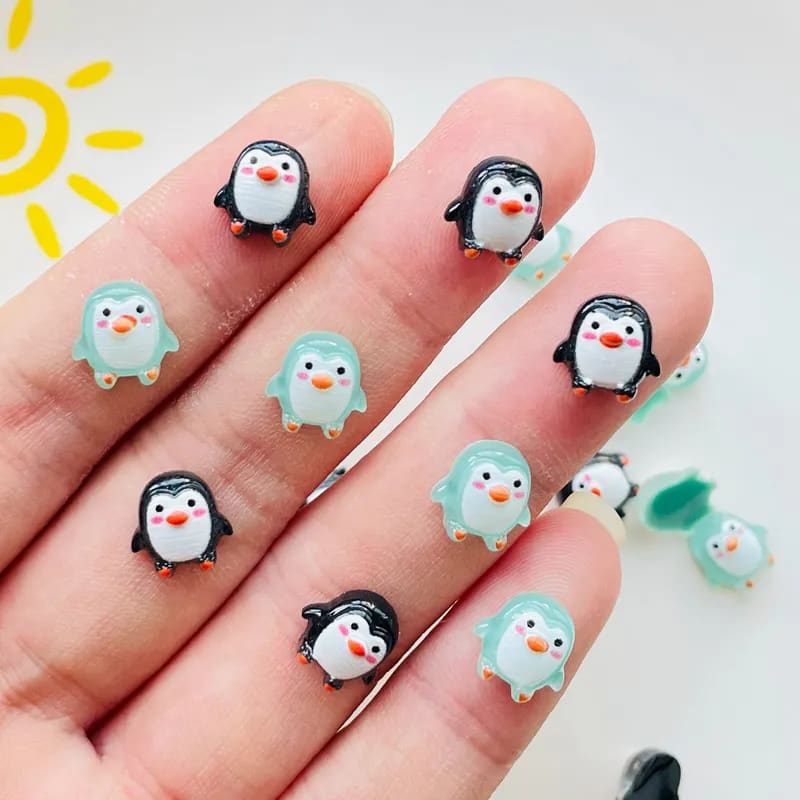Do Penguins Drink Water? Exploring the Hydration Habits of These Fascinating Birds
Penguins are undeniably adorable creatures that captivate our hearts with their waddle and distinctive appearance. But have you ever wondered if penguins drink water? In this blog post, we will dive into the intriguing world of penguin hydration habits and uncover the truth behind this peculiar question.
The Myth of Penguins and Thirst
Contrary to popular belief, penguins do not drink water in the traditional sense. Due to their unique adaptations and habitat, these fascinating birds have developed alternative methods to stay hydrated. Penguins obtain water through the consumption of their primary food source - fish. The high moisture content in fish helps fulfill their hydration needs.
Additionally, penguins have evolved a remarkable ability to convert seawater into freshwater. They possess special glands located near their eyes that filter excess salt from their bloodstream. This salt is then excreted through their beaks, allowing penguins to maintain a balance of electrolytes and prevent dehydration.
The Role of Diet in Penguin Hydration
The diet of penguins plays a crucial role in their hydration. As mentioned earlier, fish serve as their primary source of water. Penguins consume substantial amounts of fish daily, which not only provides hydration but also delivers essential nutrients and energy.
Furthermore, penguins have a higher tolerance for ingesting saltwater than other animals. This ability enables them to extract the necessary fluids from their prey, minimizing their reliance on external water sources.
It's important to note that the Antarctic region, where many penguin species reside, is characterized by vast expanses of icy oceans. Consequently, finding fresh water sources may be challenging, making their dietary adaptations paramount for survival.
Penguins and Conservation of Water
Penguins have adapted several fascinating methods to conserve water in their bodies. These adaptations are crucial for their survival in the harsh Antarctic environment, where fresh water is scarce.
One such adaptation is the ability of penguins to limit water loss through various physiological mechanisms. They have highly efficient kidneys that concentrate urine to conserve water. Additionally, penguins excrete feces with minimal water content, reducing water loss in their digestive system.
Moreover, penguins have an insulating layer of blubber, which helps prevent excess water evaporation from their bodies. This layer acts as a barrier, allowing penguins to conserve moisture and regulate their body temperature simultaneously.
The Fascinating World of Penguin Adaptations
Penguins are truly incredible creatures, with a plethora of adaptations that enable them to thrive in their icy habitats. Let's explore two remarkable adaptations that contribute to their unique hydration methods.
Penguins and their Waterproof Feathers
Penguins are famous for their streamlined bodies and waterproof feathers. These feathers play a vital role in keeping penguins dry and minimizing water loss. The feathers are densely packed and overlap, providing an effective barrier against the cold and wet environment.
Beneath the outer layer of feathers, penguins have a layer of down feathers. Down feathers are incredibly soft and possess excellent insulation properties, keeping the penguins warm and reducing heat loss. This insulation also helps in preventing excessive water absorption, minimizing the amount of water the penguins have to shake off.
Furthermore, penguins have a unique oil-producing gland located near the base of their tails. They use their bills to access this gland and spread the oil throughout their feathers, creating a waterproof barrier. This oiling process ensures that the outer feathers stay dry, allowing penguins to swim and forage efficiently without becoming waterlogged.
Penguins and Huddling Behavior
When temperatures plummet in the Antarctic, penguins utilize a fascinating huddling behavior to conserve warmth and moisture. They gather in large colonies, closely packed together, forming what appears to be a tightly knit group.
By huddling, penguins create a microclimate within the colony, where temperatures can be significantly warmer than the surrounding environment. This behavior reduces the amount of heat loss and, subsequently, minimizes the loss of water through evaporation. Not only does huddling protect penguins from extreme cold, but it also plays a crucial role in helping them maintain adequate hydration in harsh conditions.
Conclusion: The Water-Wise Penguins
In conclusion, penguins have adapted extraordinary strategies to meet their hydration needs in their icy habitats. Rather than drinking water, penguins obtain moisture through their fish-dominated diet, and they possess unique physiological mechanisms to conserve water. Their waterproof feathers and huddling behavior further contribute to their water-wise lifestyle.
So, the next time you come across a delightful image of a penguin, remember that these adorable creatures have evolved amazing strategies to survive in their challenging environment—making them as fascinating as they are adorable.

























